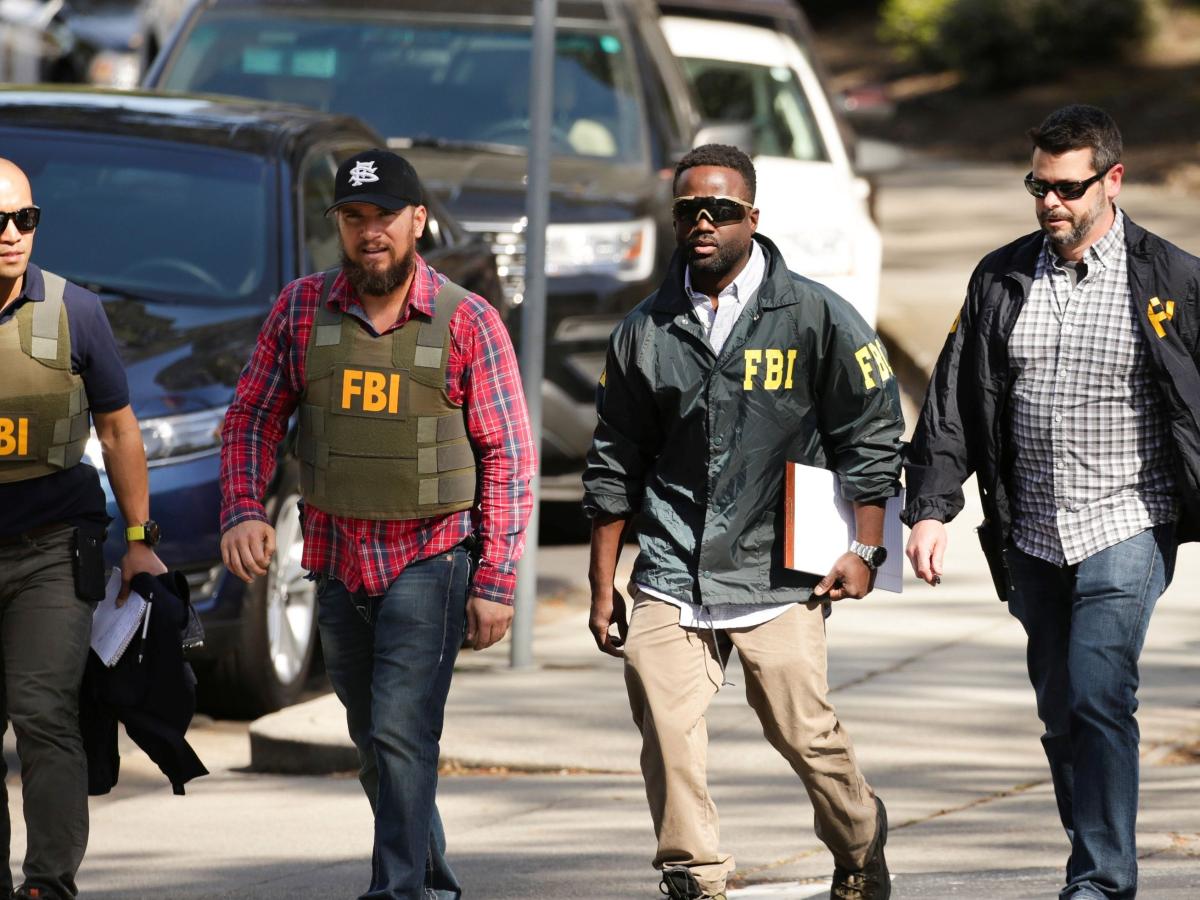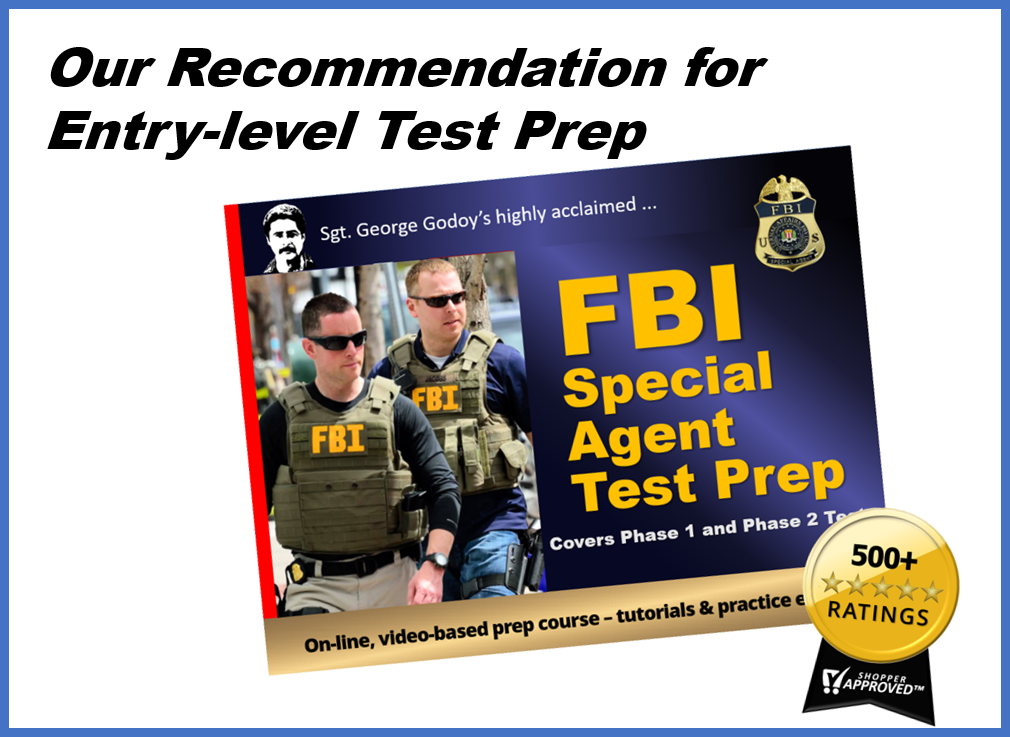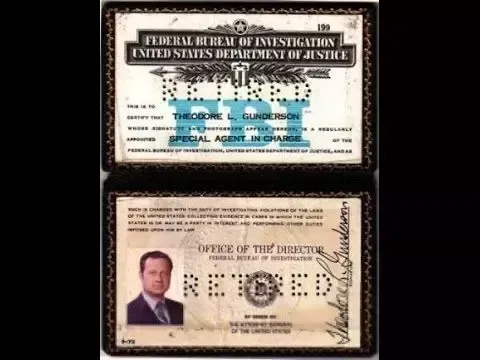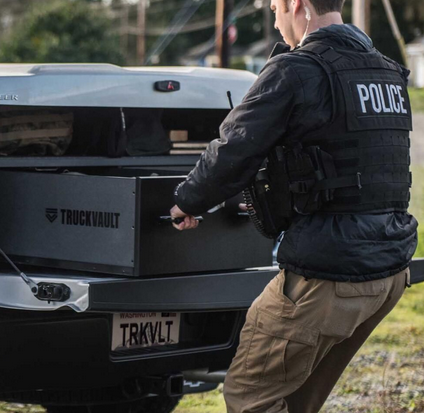So you want to be an FBI Special Agent?
July 18, 2021

FBI Overview
The Federal Bureau of Investigations (FBI) is among the most publicised and well known criminal investigative services in the United States. Although with more recent historical origins compared to the legacy agencies (i.e. Secret Service, US Postal Inspectors, ATF, HSI, US Marshals, etc.), the FBI is now undeniably the largest 1811 federal law enforcement agency and has the most number of Special Agents (14K+) & support staff (20K). By all accounts, this is a massive federal law enforcement bureaucracy with a whole array of important investigative responsibilities, an amazing support apparatus and an envious budget.
Most applicants get their first and
often only glimpse of the FBI from TV shows and movies. In fact, current FBI Special Agents will often reveal
they too first became interested in the FBI at a relatively young age after watching a television program featuring the "Bureau." It is likely that most non-law enforcement members of the public have never met an FBI Special Agent, so you should feel right at home if this fits your experience. Regardless of your exposure to or previous knowledge of the FBI, this blog is designed to help you better understand the FBI organization, whether a Special Agent position is right for you, and how to go about securing a coveted Criminal Investigator trainee slot.
FBI Mission
It is crucially important to know the primary FBI Mission involves some of the following areas:
- Protect the U.S. from Terrorist Attack: Contrary to popular belief, terrorism investigations are typically extremely lengthy, manpower intensive and more often than not, do NOT result in arrests. However, this is a high profile mission that usually involves close coordination with Homeland Security Investigations and the FBI led Joint Terrorism Task Force.
- Protect the U.S. against foreign intelligence, espionage, and cyber operations: Counterintelligence operations and investigations require *intense* surveillance of foreign operatives and also do not typically involve arrests. However, this is a vital mission to our overall national security.
- Combat Public Corruption: This involves everything from corruption, bribery, fraud to bid rigging by government officials (Local, State & Federal).
- Protect Civil Rights: Although highly publicized this is a very narrow and limited mission \that involves only a handful of successful cases annually.
- Combat Transnational Criminal Enterprises: Narcotics investigations often fall into this category.
- Combat Significant White Collar Crime: The FBI is the leader in White Collar Fraud, which includes ponzi schemes, health care fraud, SEC violations, etc. These are very complex and paper-intensive cases.
- Combat Significant Violent Crime: The FBI still has jurisdiction over bank robberies and leads a number of Gang Task Forces across the country.
Each of the above missions can be personally fulfilling (arrests, indictments, victim rescue) and exciting (search warrants, surveillance, travel, etc.) while simultaneously involve copious amounts of boredom and mind number paperwork (reports, administrative work, subpoena reviews, etc.). I write this so you have a realistic understanding of the work that is done by an FBI Special Agent, which also involves extensive writing. For example, working counterintelligence involves tracking down foreign intelligence officers and their "spies" in the United States, however, it also requires virtually endless hours of electronic and physical surveillance, which can be monotonous. Similarly, a terrorism case may give you the opportunity to travel to a foreign country but most of the time you will shift through intelligence reporting and hope your suspect makes a mistake that can result in criminal charges. Additionally, a new Special Agent Trainee has little to no control as to what mission area they are assigned, so be ready to work fraud cases for five years even if your heart was set on gang investigations. This contradiction and bureaucracy is inherent in ALL criminal investigator positions in all 1811 Federal Law Enforcement agencies.
Since you now know the FBI Mission, perhaps it is a good time to determine if the FBI is still the right fit for you. If you prefer international travel, then Diplomatic Security Service (DSS) is likely a better choice. If street level crimes are your style, Alcohol, Tobacco and Firearms (ATF) is a fantastic organization. If commercial fraud or transnational crime is your primary interest, then Homeland Security Investigations (HSI) is likely a better fit. If you prefer narcotics investigations, then the Drug Enforcement Administration (DEA) is ideal. If protection service operations peak your interest, then the U.S. Secret Service is perhaps better suited to your career goals (and so). The FBI does a bit of all these mission areas but in terms of actual case numbers and specialization, they truly are the "terrorism, counterintelligence & fraud" agency.
Details About the FBI Organization
Each federal agency has their own unique culture, pros/cons and career paths; and the FBI is no exception. Since it is free and readily available on this website, you should read the entire Federal Bureau of Investigations (FBI) Profile on this Special Agents Blog Website. This profile page is designed to help you understand the requirements and determine if you are even minimally qualified. To even be eligible to apply, you need a college degree and relevant work experience, must meet the age requirement (between ages 23 - 36) and be a U.S. Citizen (no exceptions). Additionally, once you start the screening process, all applicants must pass a stringent fitness test, polygraph examination, drug test and background investigation. Before candidates endure the application process, they should honestly ask themselves if he/she can meet these requirements. In reality, most applicants are unable to do a realistic self assessment and are likely to be disappointed with the results.
There is no better modern source of information about the FBI then former Special Agent Vincent Sellers. His Former FBI Special Agent YouTube Channel has numerous videos that painstakingly go through the hiring process and the day to day realities of being an FBI Special Agent. Additionally, his book "Eyes Pried Open" is a great addition to your knowledge base and will offer invaluable insight. At the very least, before you even consider applying, you need to thoroughly research whether the FBI Special Agent position is the right fit for you. It may sound "cool" to be an FBI Special Agent but are you truly prepared for the realities, the job responsibilities and burdens that come with being a federal public servant? One of the great things about Seller's story is that after working two years as an FBI Special Agent, he looked inwards and decided that this was definitely not the career field for him. Consequently, his experience and insights are invaluable. Episode 10 is particularly relevant to this blog post.
Become a Competitive Applicant
If you have the "right stuff" and still think the FBI is the ideal place for your career, then by all means start getting ready and move forward. I highly encourage you to put real thought into the skills, education and experience that will make someone the most valuable candidate for selection. The FBI receives thousands upon thousands of applications and their selection process is designed to have a multi-talented workforce. The reality is that the most number of applicants come from local/state law enforcement agencies, military services, or are recent college graduates. These are over-saturated general applicant categories and competitive applicants must possess a specialized skill to have a better than average chance of selection.
For example, if you have a college degree & three years of felony level investigative experience (i.e. homicide detective, fraud investigator), are a Certified Public Accountant or lawyer, possess an engineering or computer forensics/IT background, explosives ordnance experience, have intelligence training and work history, earn a specific master's degree (i.e. forensics, biology, chemistry, etc.), have aviation experience, or are fluent in their specified foreign languages; you will get moved to the front of the line and process significantly quicker than all other applicants. This above information is incredibly invaluable in helping you select the training, courses, college majors and skills needed to become a competitive applicant and dramatically improve your chances of being selected. Read my Hiring Advice section to learn more about the skills and programs that will help you become a competitive applicant.
I am constantly amazed when applicants keep reapplying and complain about their rejection notices, when it is clear they did not possess a single critical skill in their resume or work experience. Also notice how the FBI needed skills match up to their mission areas! This is not some big mystery. Having a critical skill that the FBI needs is a surefire way to getting hired, it truly is that simple.
FBI Exam Preparation
The Entry Level FBI exam continues to be a barrier to entry for thousands of applicants each year. Additionally, it usually takes 6-8 months after the initial application to get scheduled for a test and a failure will often result in a minimum one year moratorium to re-apply. This means that a test failure can cost an applicant almost two years in lost time! At this point, one of the best test prep guides appear to be the Sgt. Godoy Test Prep Packet. It has one of the highest online ratings that I have seen to date and provides genuine value to applicants. The included prep material about the interview and psych exam is also helpful to newbie candidates. There are obviously other guides out there and I encourage you to similarly vet before purchasing. Either way, some sort of test prep guide is recommended since this is too important a test to fail. Read my blog on Special Agent Test Prep to learn more.
In Conclusion
The overall FBI application process will take approximately two years and without specialized skills your chances of selection are truly remote. Additionally, upon final selection, new trainees are sent to a six-month live-in academy in Quantico, Virgina, which they must pass before issuance of formal credentials. This academy is where you will learn all the skills needed to become a Special Agent for the United States Government.
I will also encourage you to read my FBI Profiler Blog Post and the I am NOT an FBI AGENT blog post to learn more about the federal law enforcement landscape.
I would additionally advise all potential applicants to start taking reasonable online security measures in order to prepare for the counterintelligence threat posed to FBI Special Agents. It should be noted the foreign intelligence service threat to FBI personnel is extremely HIGH. Start taking your personal digital security seriously. Read my blog "Basic Online Security for Special Agents" to learn more.
I sincerely hope this post offers you some useful guidance on your path to becoming a special agent. As you will notice, none of this is superficial or canned advice often found in commercial career sites peddling garbage level nonsense. Good luck to you and keep checking the Special Agents Blog for updates about the 1811 Criminal Investigator profession.
Read my exhaustive
FBI Profile Page to learn more!
Give the Special Agents Blog a Like on Facebook!










